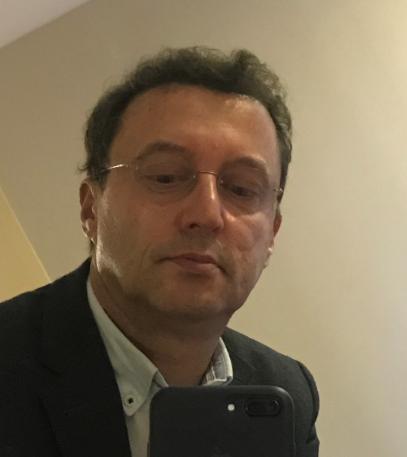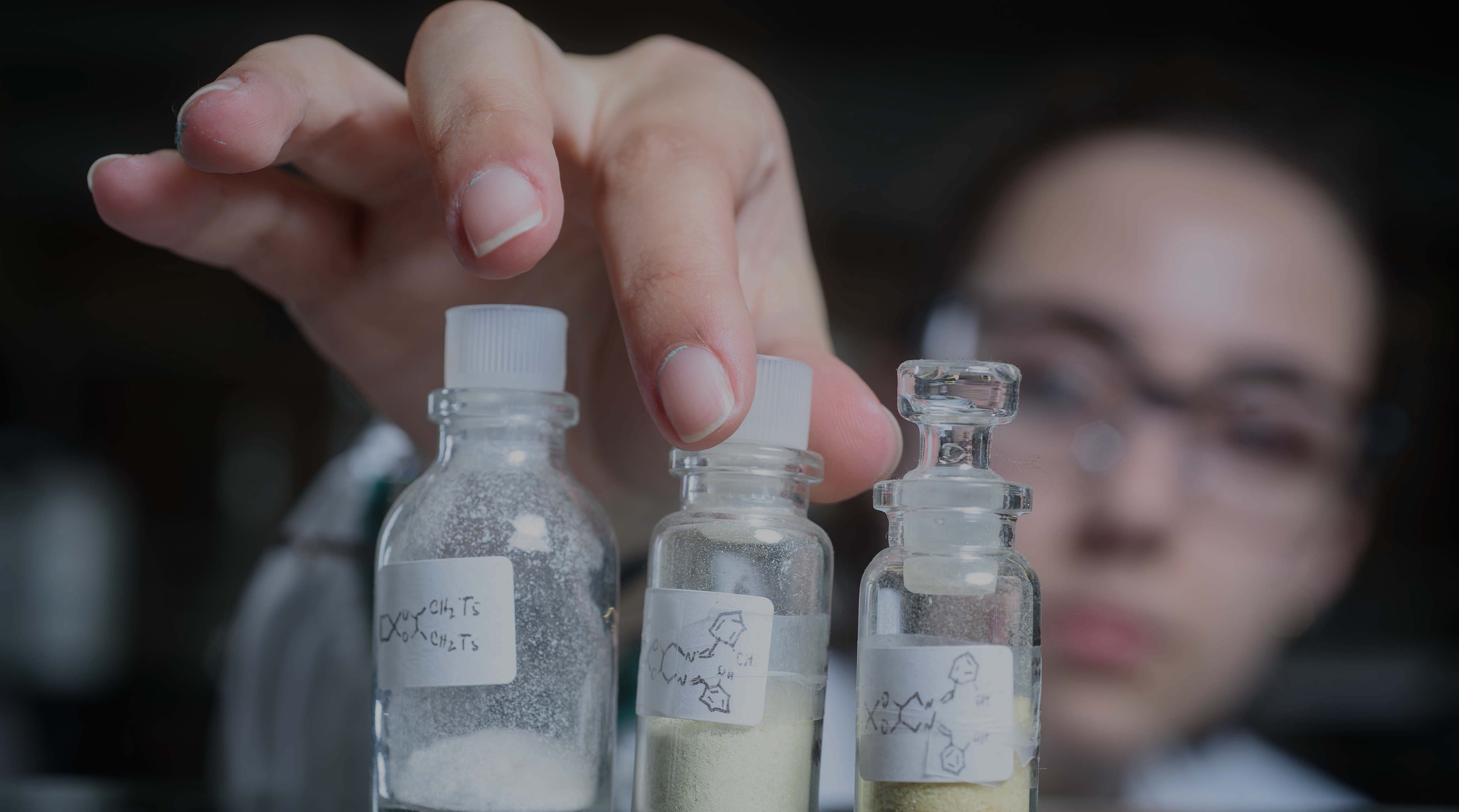Coordinator
 |
Rui Fausto Professor |
|
The Laboratory of Raman Spectroscopy and Materials (LRSM) develops research focused on the use of Raman spectroscopy, in particular micro-Raman spectroscopy, to tackle practical challenges for which a comprehensive understanding of materials’ structure is crucial. Examples include the study of polymorphism in molecular crystals (developed in close collaboration with the Laboratory of Thermodynamics and Solid State Chemistry (LTQES)), photochromism, solvatochromism and thermochromism, the structural characterization and determination of chemical composition of various types of materials, including geological and meteoritic objects, cultural heritage artworks, museum objects and objects of forensic interest, as well as the investigation of nanomaterials for optoelectronics and sensing. In addition, in close collaboration with the Raman Spectroscopy Laboratory of the Istanbul Kultur University (RSLab@IKU Lab), infrared and Raman measurements combined with chemometrics are being used to formulate analytical models for diverse applications. Examples of problems recently investigated include the early diagnosis of neurodevelopmental diseases, such as autism spectrum disorder, schizophrenia, and bipolar and attention-deficit hyperactivity disorders using infrared spectra of blood serum samples as a holistic spectroscopic biomarker of the diseases, the identification of minerals in geological formations using Raman data, semi-quantitative analyzes of mixtures of closely related compounds (such as sugars), and the evaluation of factors determining structural and compositional features of biomaterials and foods (like the impact of estrogens on hair properties, the influence of species diversity on the lipid-protein-sugar relative composition in crops, and the effects of genetic manipulation leading to salt resistance on the chemical composition of soybeans).
Promotion of the Scientific Culture
The involvement of the CCST Group members in education, history of sciences and outreach is also very relevant. In education in chemistry, activities have been focusing on development of new pedagogic approaches for science teaching at secondary and high school levels, optimization of syllabus for chemistry courses, and ethnoscience and indigenous teaching (in collaboration with Brazilian researchers). Research in the field of history of chemistry and scientific collections is also extensive, focusing on subjects like restauration of cultural heritage objects, ethnoscience, and general history of chemistry. Developed outreach activities are diverse since the Group cares on effective communication with the public. Among many other activities, Prof. Rui Fausto founded the CQC Unit for the Promotion of Scientific Culture, Inter-Institutional Collaboration, and Research in the History of Science and Collections, an initiative that reflects his enduring interest in interdisciplinarity and science communication, in line with the publication of the books “Tempo e Ciência” and “Fronteiras da Ciência”, through the prominent publisher Gradiva. These books for the general public feature chapters by distinguished figures from various fields, including several Nobel Prize winners.
